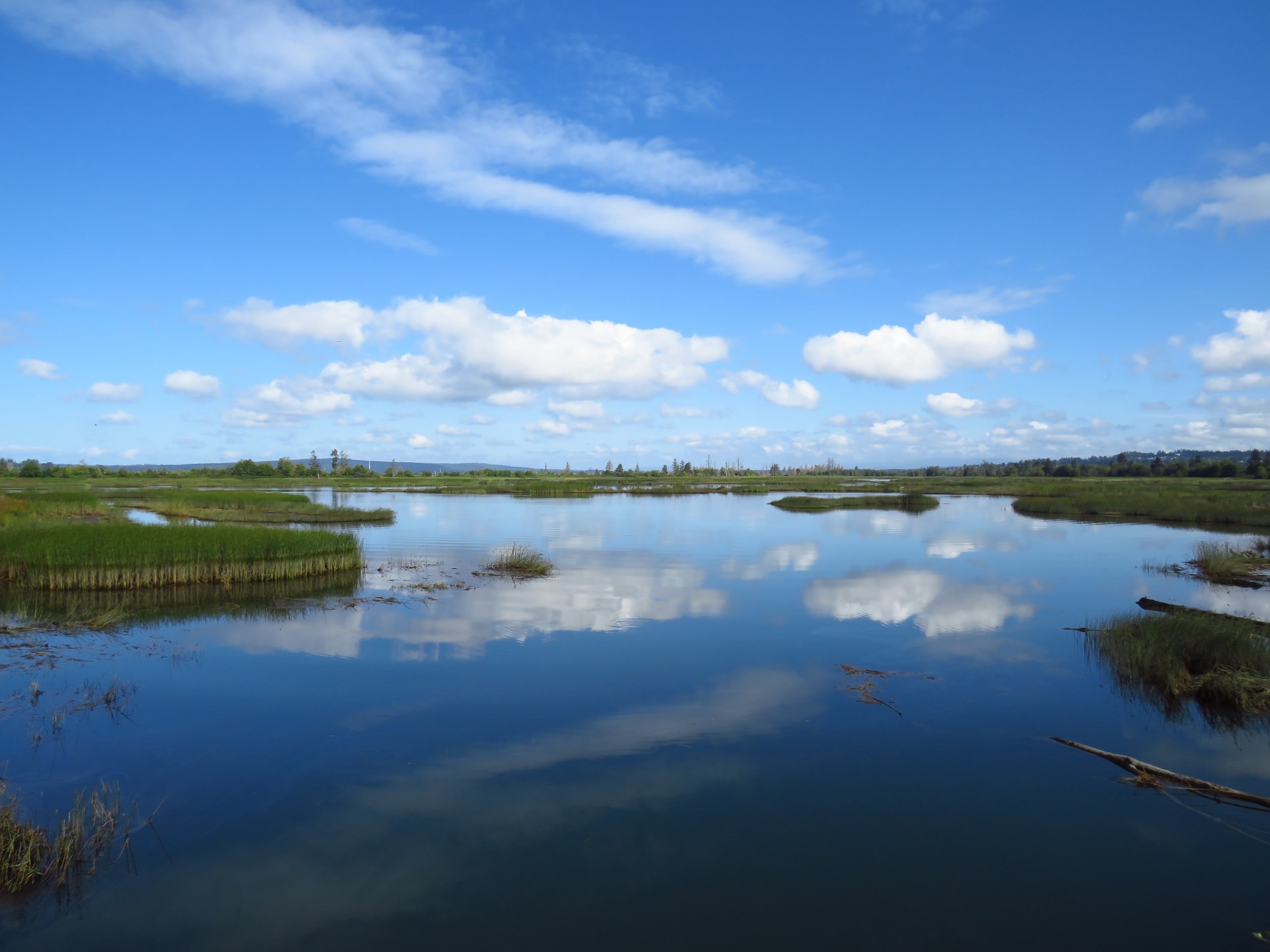
Join our team
Together, we can build better climate solutions
Research opportunities
Postdoctoral and Research Fellowships
Are you interested in exploring the capacity of natural ecosystems to capture and sequester carbon? Join the Malone Disturbance Ecology Lab at the Yale School of the Environment to utilize data from the National Ecological Observatory Network (NEON) and the Ameriflux network to evaluate patterns in carbon dynamics across natural ecosystems. The associate will design and execute workflows to extract data, produce footprint models, calculate fluxes, gap-fill fluxes, and analyze drivers of CO2 and CH4 fluxes and concentrations for more than 50 sites from the NEON and AmeriFlux. The Associate will conduct cutting-edge research over 2 to 5 years (evaluated annually for reappointment); have access to core facilities at the Yale School of the Environment, reside locally and have a regular work space on campus; primarily focus on research; and receive career mentorship.
*CompensationandBenefits.
Valued skills
A strong applicant will have experience working with eddy covariance data or in environmental data science. Skills to efficiently work with large datasets, the desire and ability to design data products and community resources, training and experience in macrosystem ecology, machine learning, and synthesis science are highly valued.
To apply you will need:
Resume / CV
Transcripts
One-page Project Proposal
3- First Author Publications
Graduate Research
We are looking for graduate students (PhD) to work on projects that explore how climate, hydrology, and land management practices influence ecosystem structure and function. Applicants should be independent, driven, and excited to work in diverse, collaborative teams. Explore our research page for information on existing projects.
A strong applicant will have training in biogeochemistry and experience working with eddy covariance and remotesensing data. Skills to efficiently work with large datasets, training in macrosystem ecology and machine learning are highly valued.
To apply you will need:
Resume / CV
Transcripts (*Masters degree required)
Research Statement
Personal statement / Career goals
1- First Author Publications
Grad school isn’t just about your lab! Before you apply, learn more about the School of the Environment and the University.


